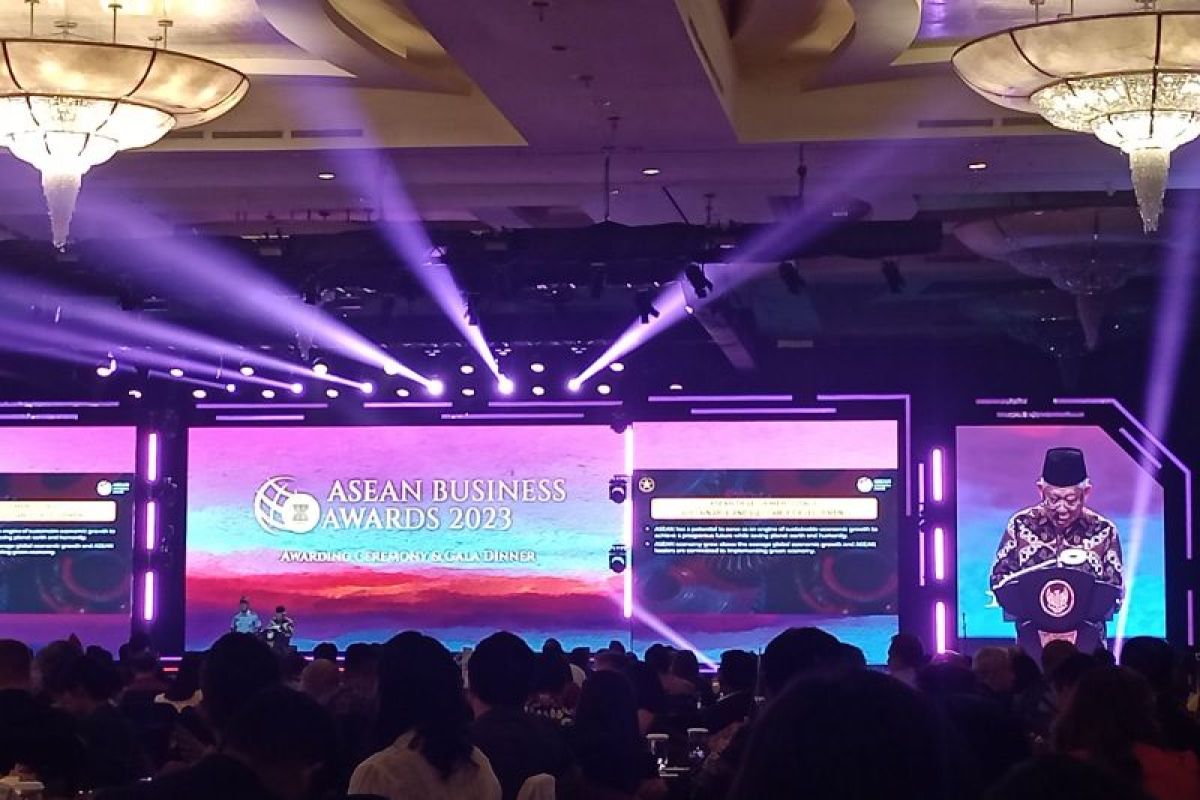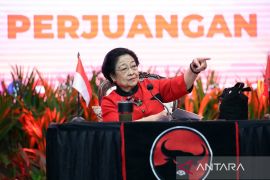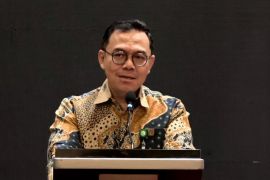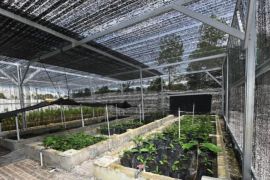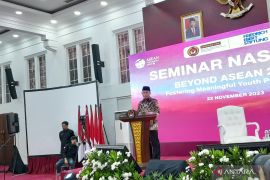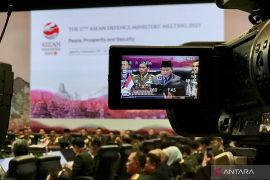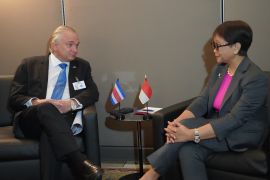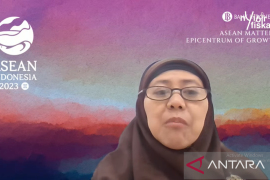"In this esteemed forum, I would like to share Indonesia's experience in supporting domestic MSMEs (micro, small, and medium enterprises) through pesantrens," he remarked.
The event was held as one of the complementary activities of the upcoming 43rd Summit of the Association of Southeast Asian Nations (ASEAN), which will take place in Jakarta from September 5 to 7, 2023 under Indonesia's chairmanship.
As unique educational institutions in Indonesia, pesantrens took part in the country's struggles for independence during the colonial period, he said.
"Now, developments at the national and global levels have expanded the roles and functions of pesantrens, positioning them as agents that guide people toward economic independence by promoting the production of halal products," he noted.
Amin affirmed that pesantrens have been taken into account in the government's strategies for developing the national Islamic economy, with the goal of achieving inclusive economic growth.
"Pesantrens in Indonesia wield an economic potential that should be optimized in order to improve the people's welfare and handle inequalities," he stated, noting that Indonesia is home to thousands of pesantrens.
Related news: MSMEs the engine of regional economic growth: ASEAN-BAC
He expressed his pleasure in knowing that the awards presented at the forum included a category for MSMEs.
"In the presence of leaders from international businesses, I would like to express the hope that large, medium, and small business players will strengthen their cooperation for mutual benefit," Amin stated.
The VP noted that ASEAN houses more than 70 million MSMEs and over 90 percent of domestic businesses in Southeast Asian countries belong to the MSME category.
Regionally, MSMEs employ as much as 85 percent of the available workforce, contribute 44.8 percent to the gross domestic product, and 18 percent to national exports, he said.
He underscored that the widespread presence of MSMEs in urban and rural areas has made such enterprises the backbone of inclusive economic growth and central to efforts to narrow the welfare gap.
MSMEs have also been driving regions to continue to innovate and enhance creativity, Amin added.
Related news: Empowering ASEAN MSMEs to embrace circular economy
Related news: ASEAN Summit paves way for MSMEs to global market
Translator: Rangga P, Tegar Nurfitra
Editor: Anton Santoso
Copyright © ANTARA 2023
